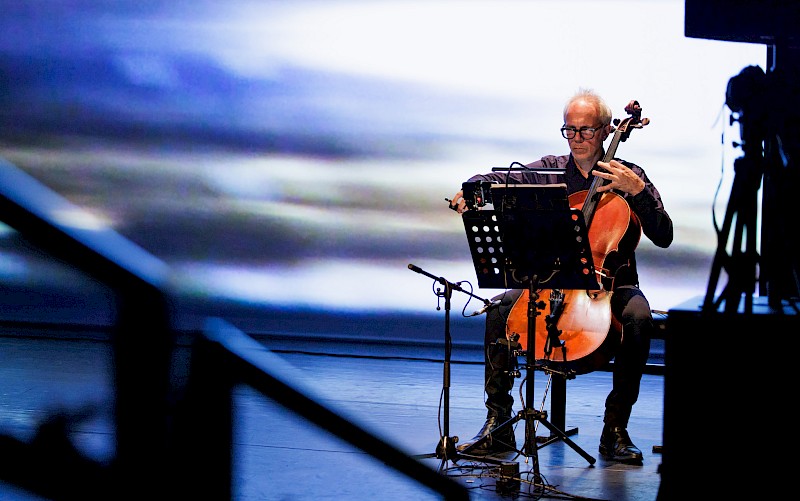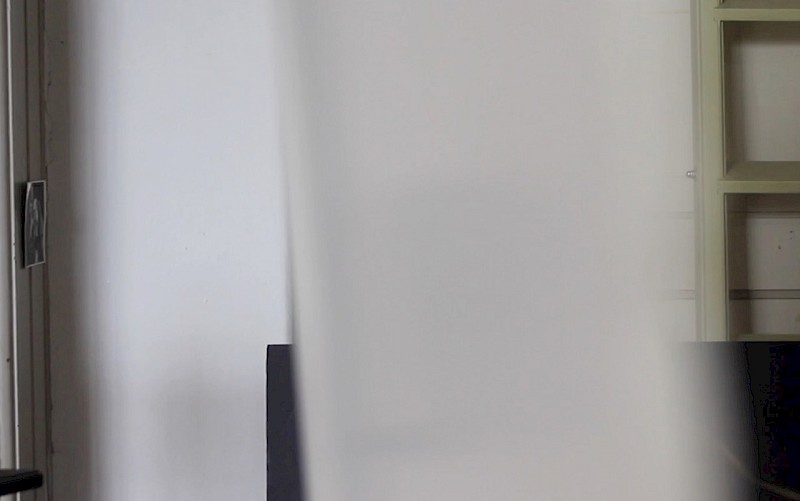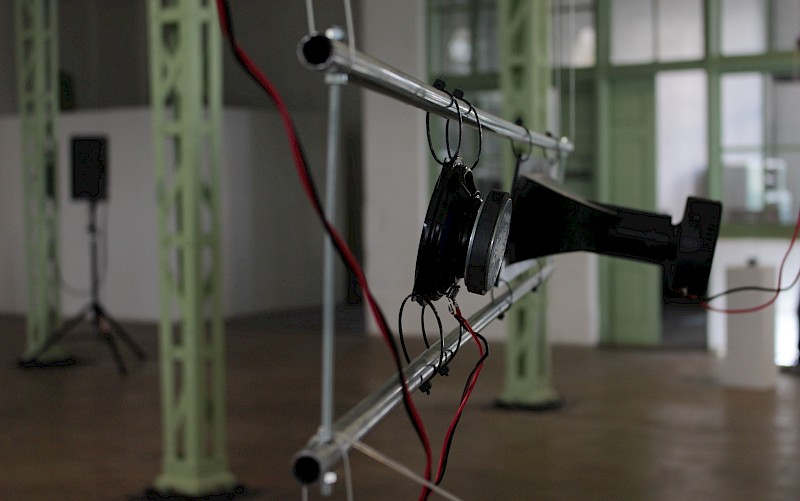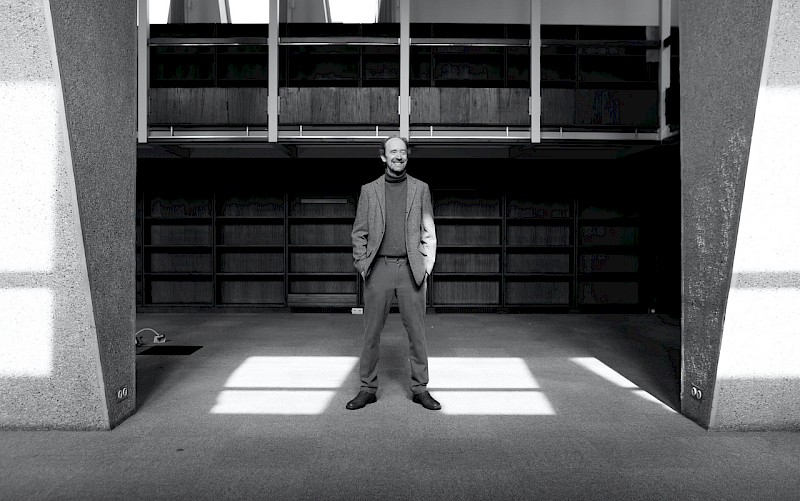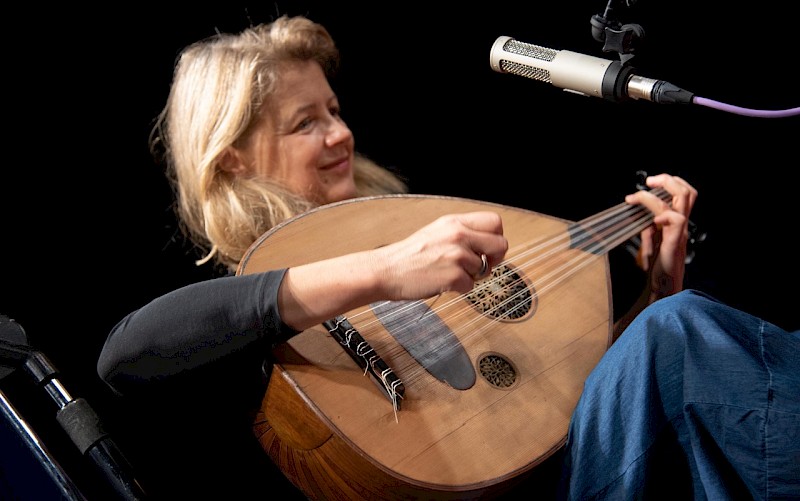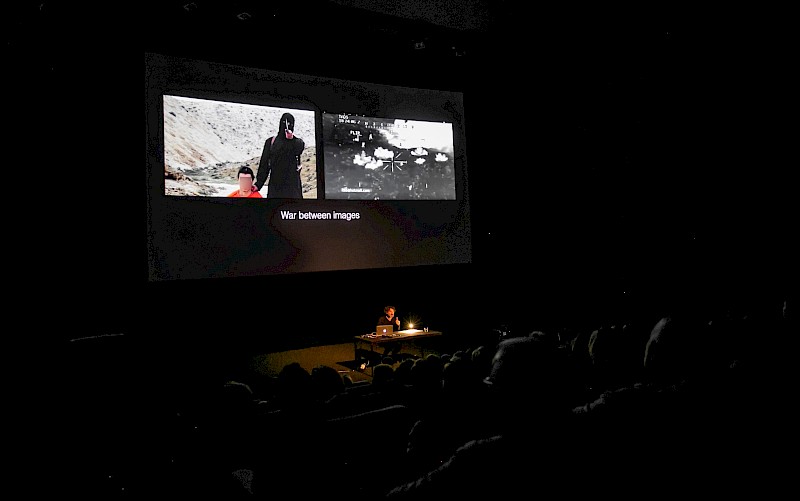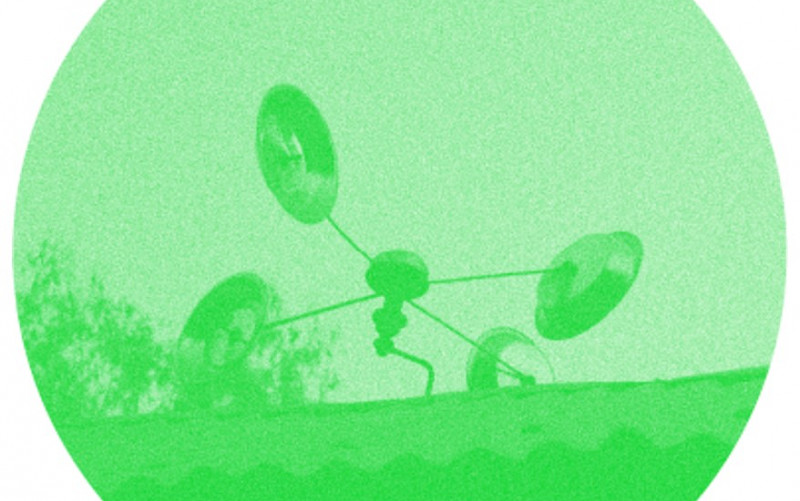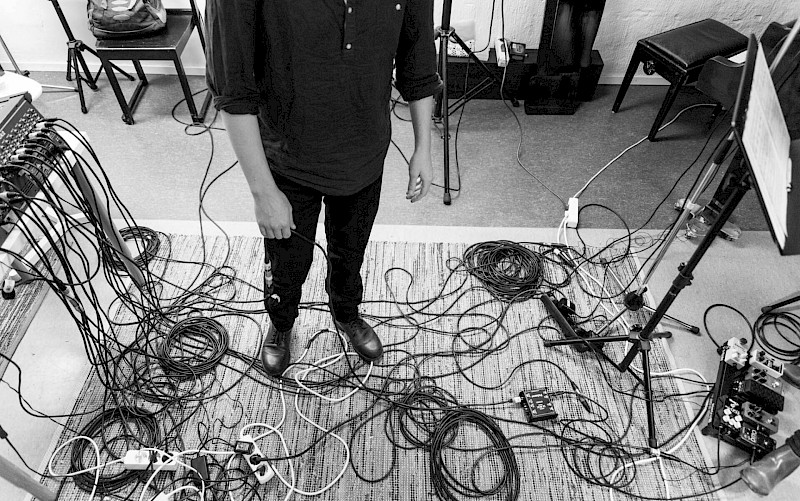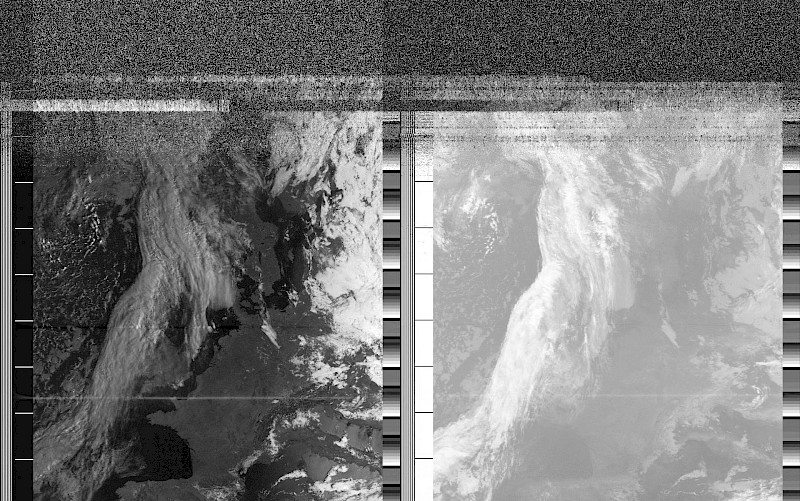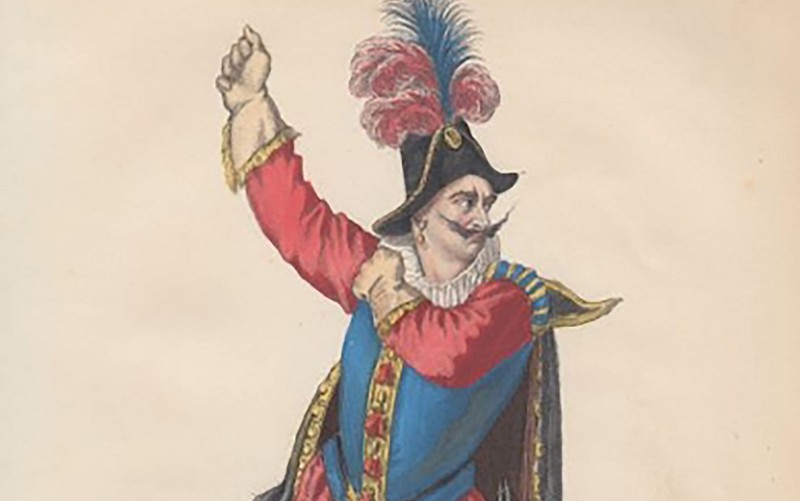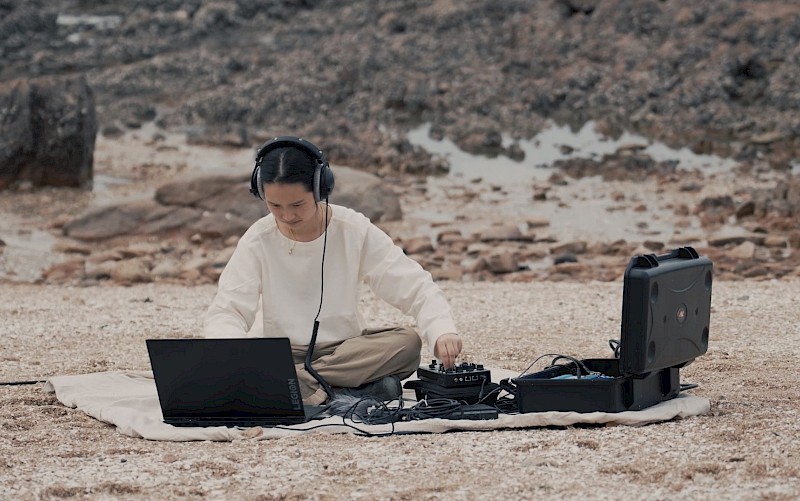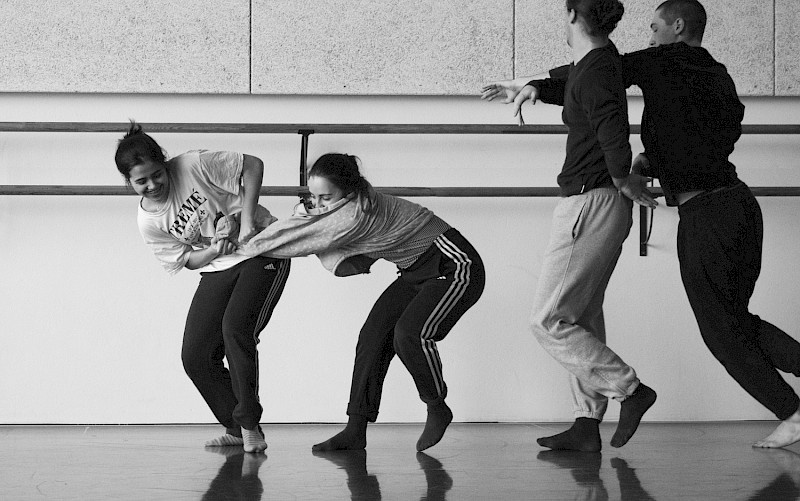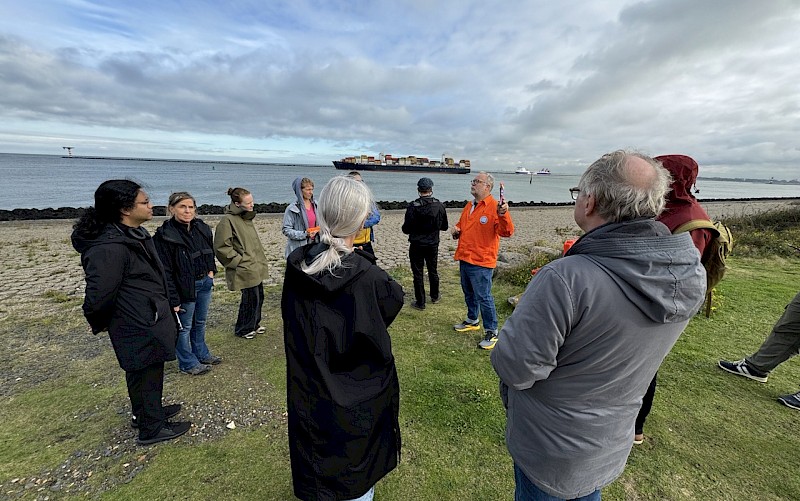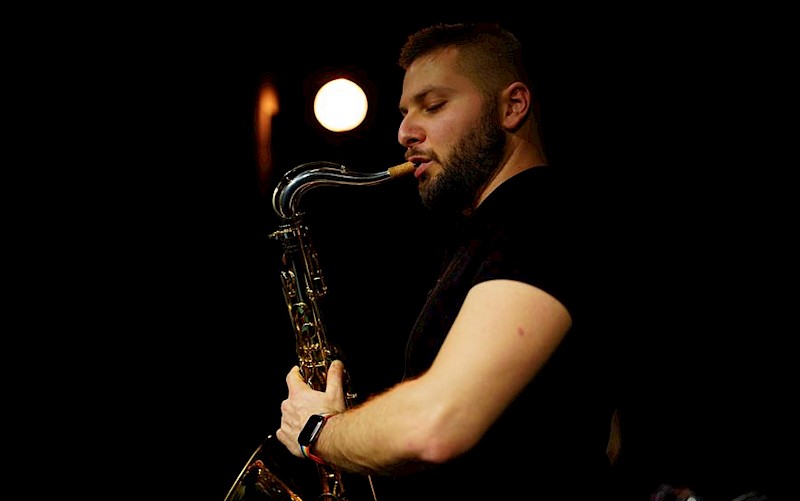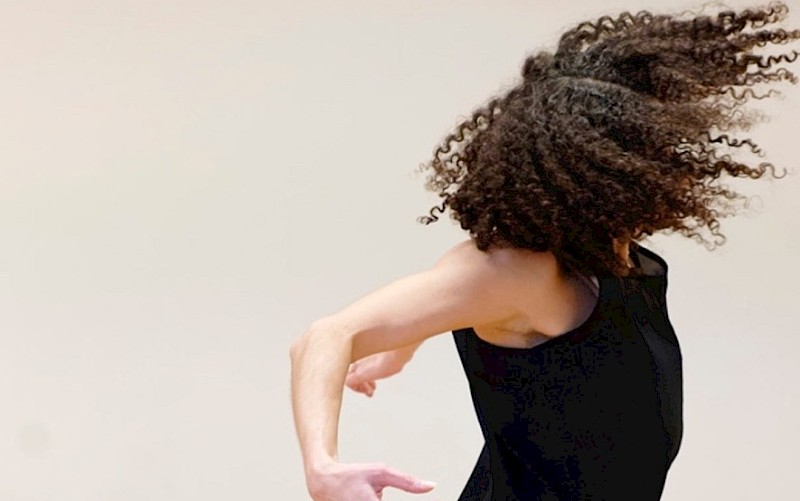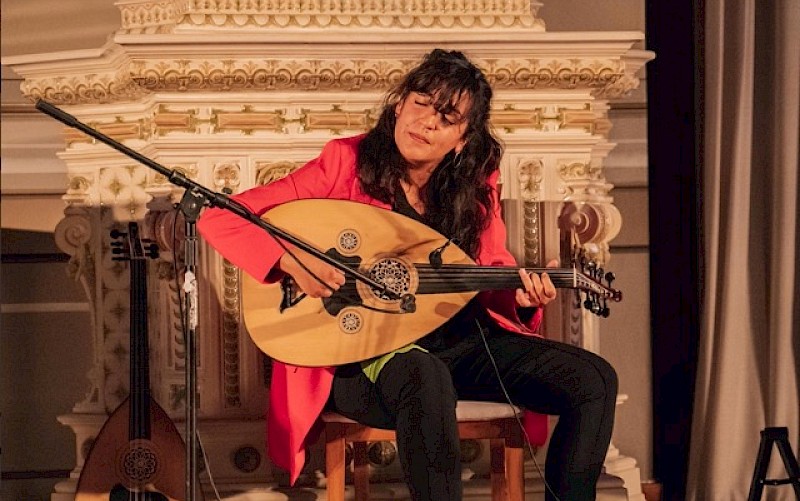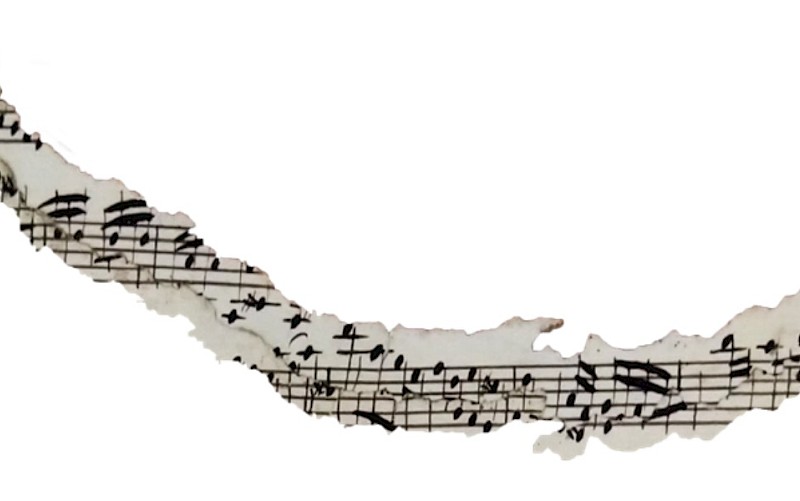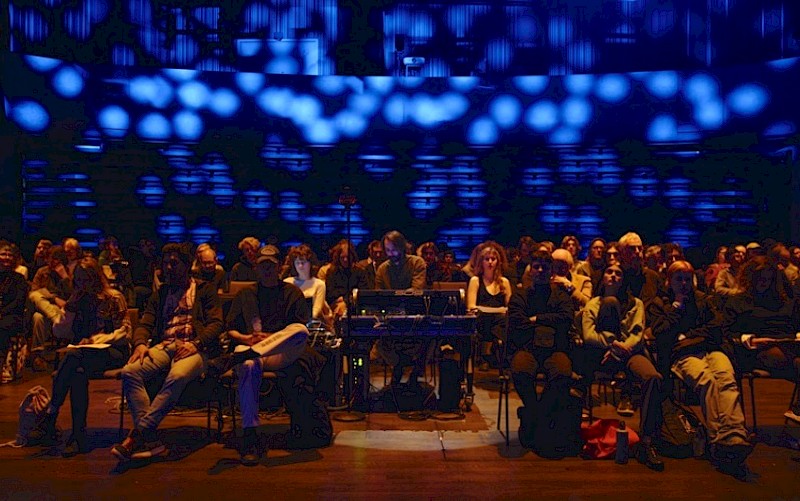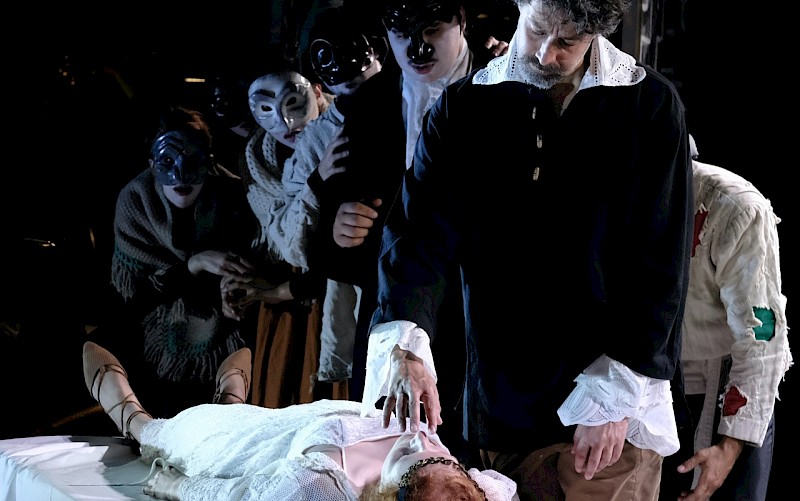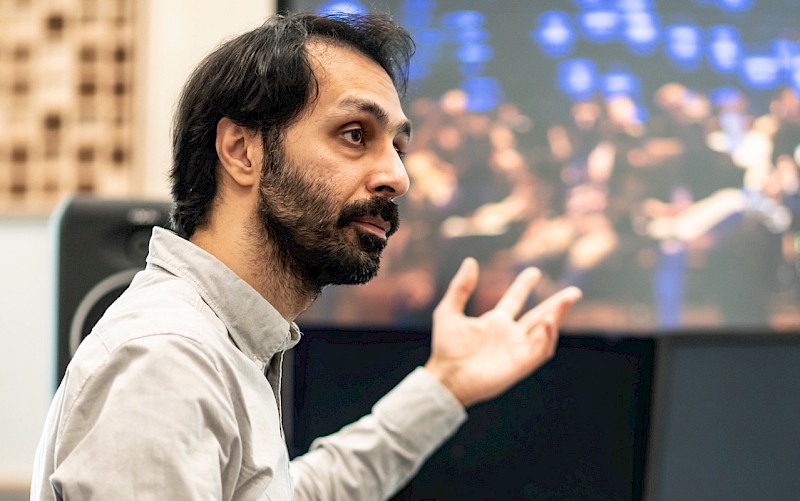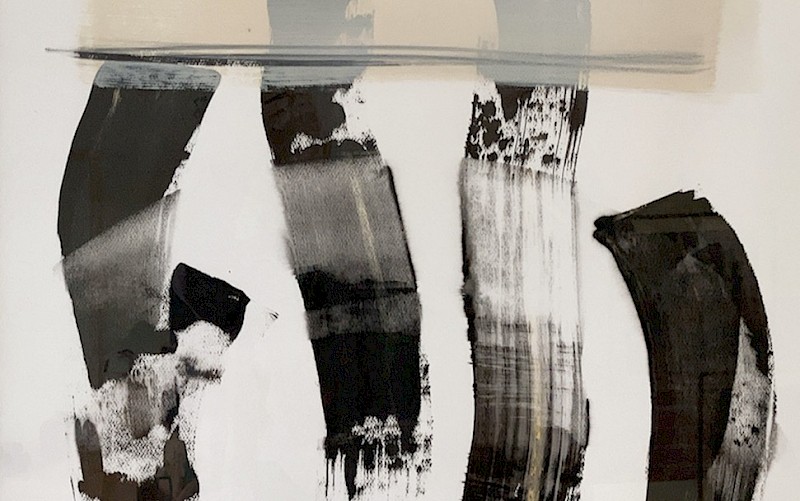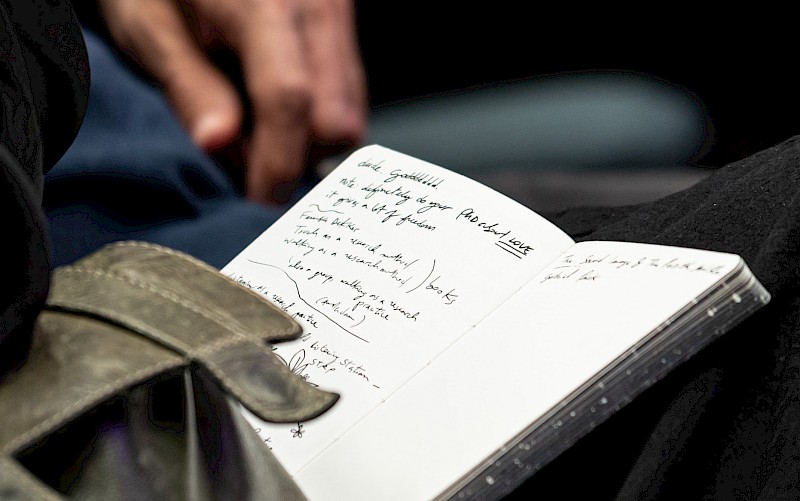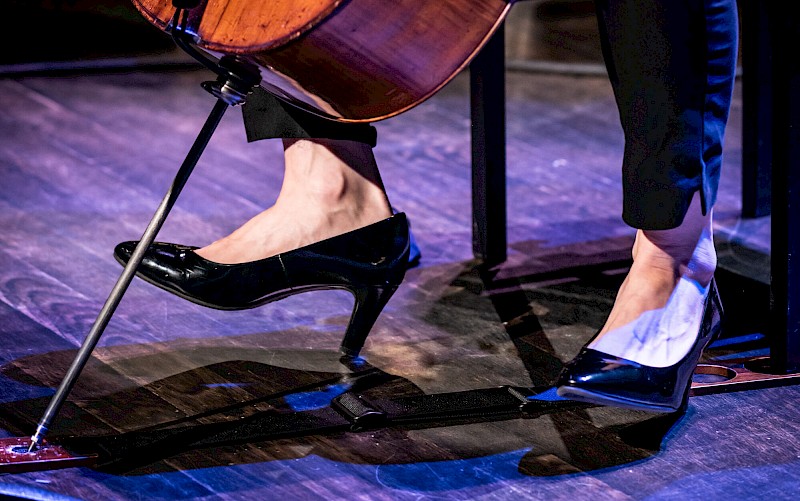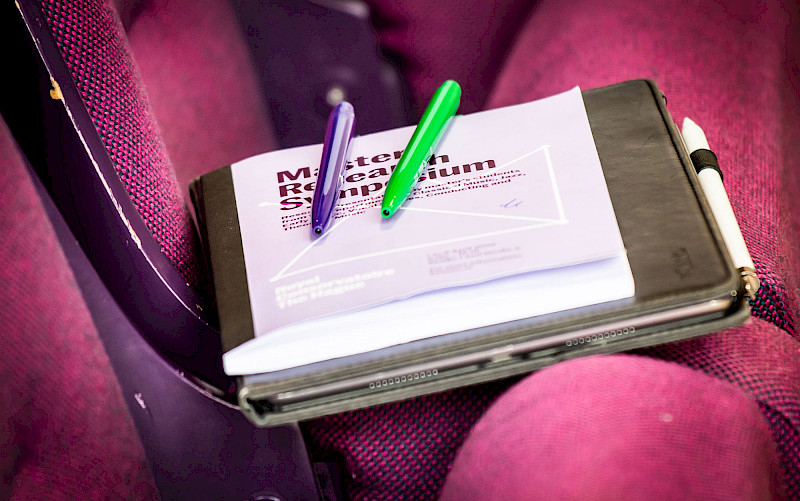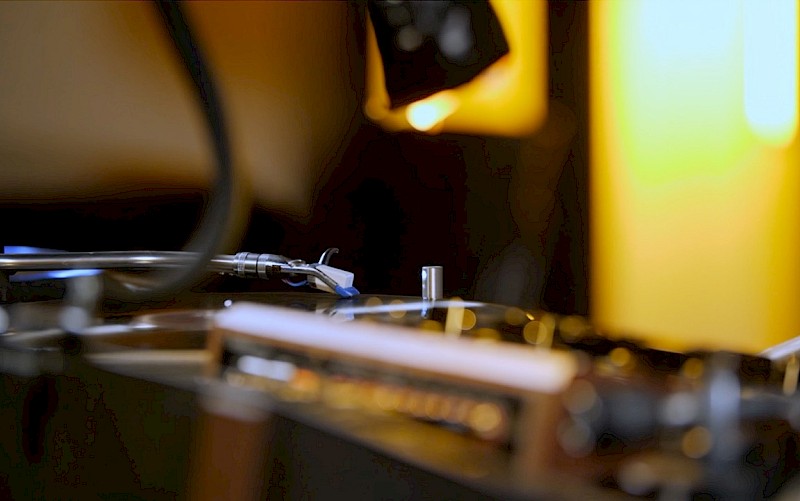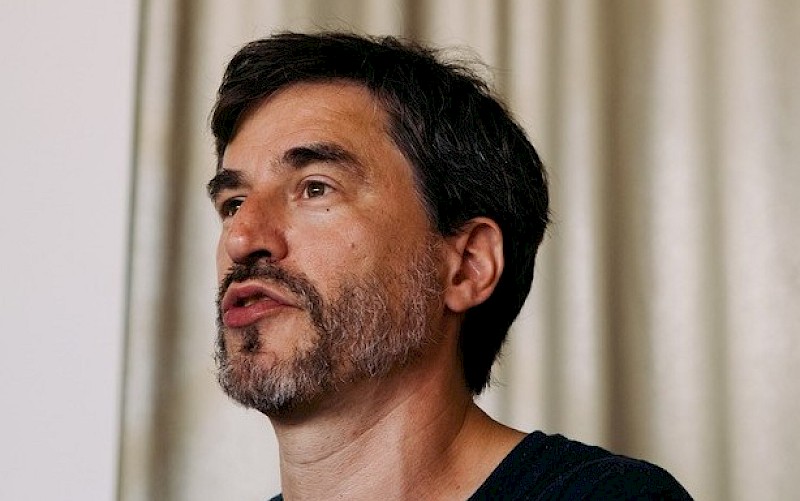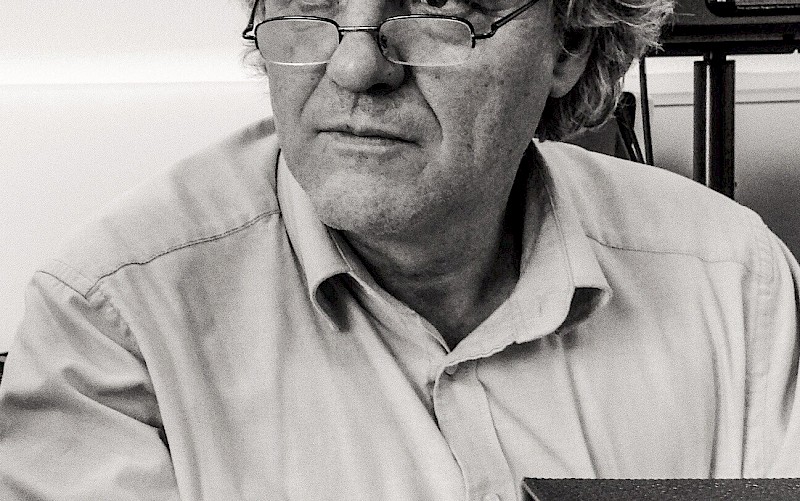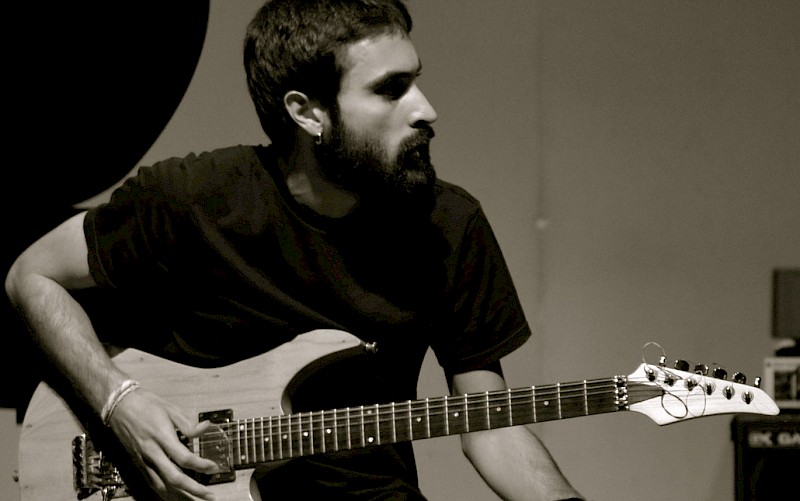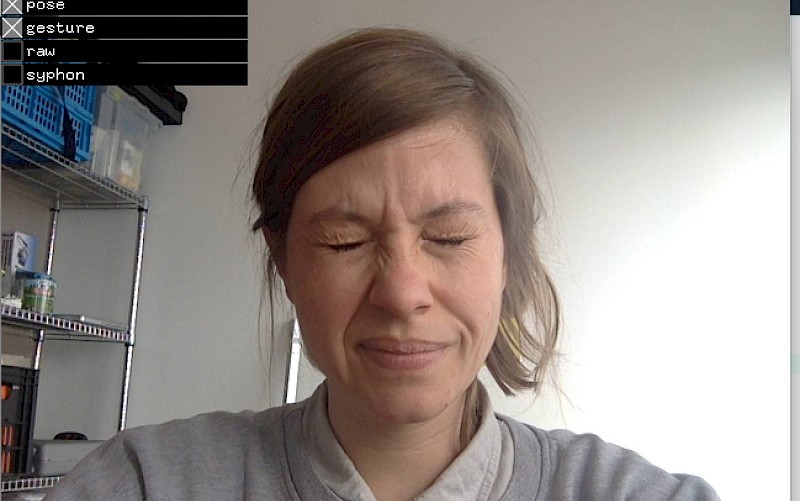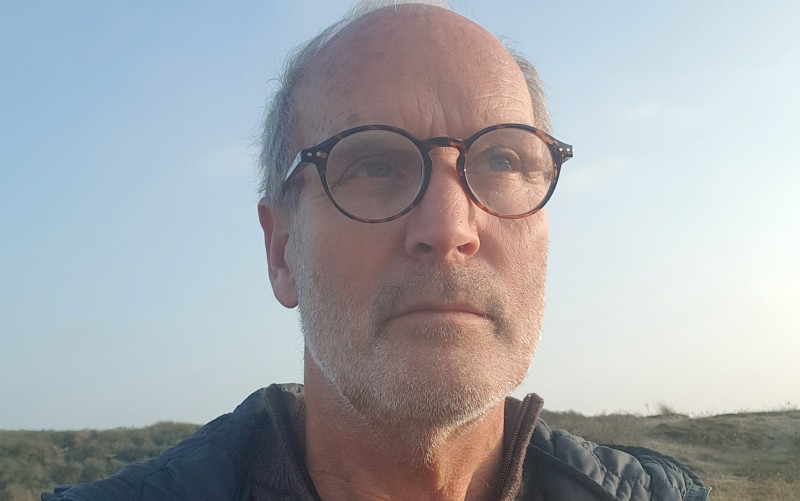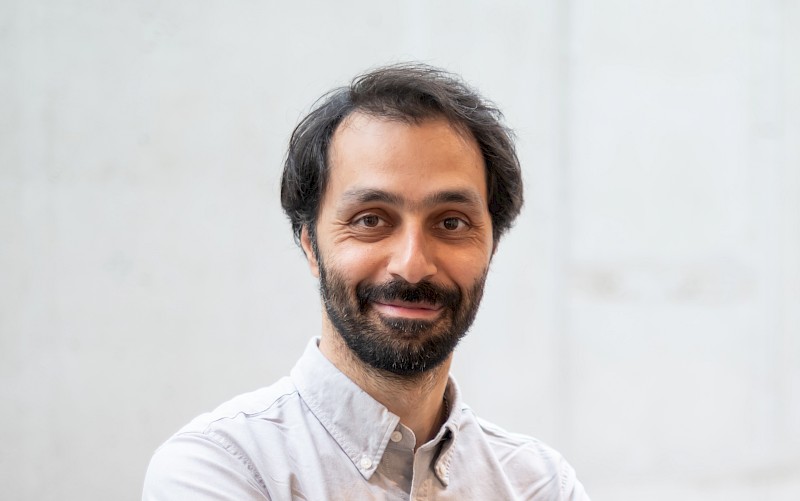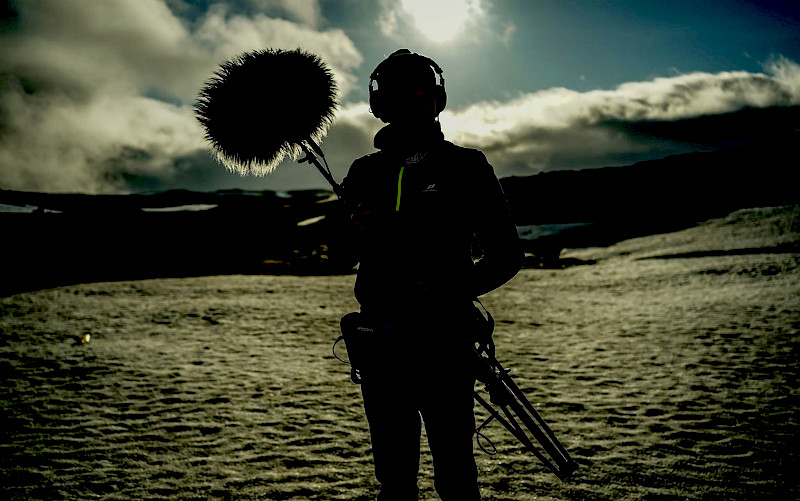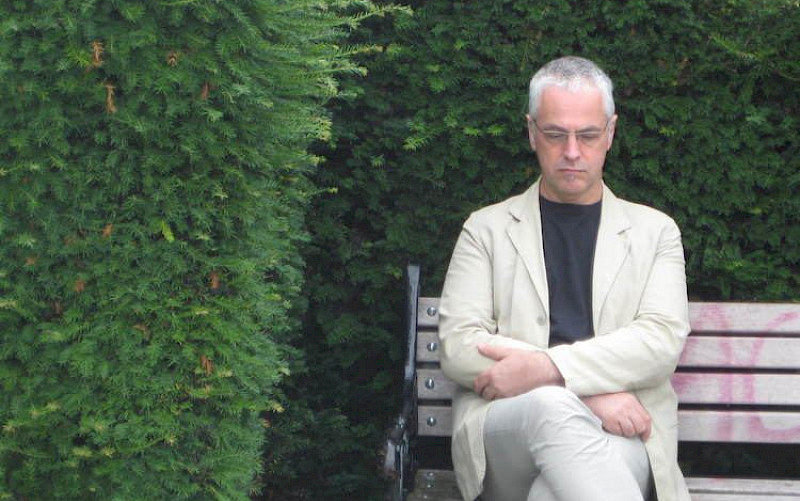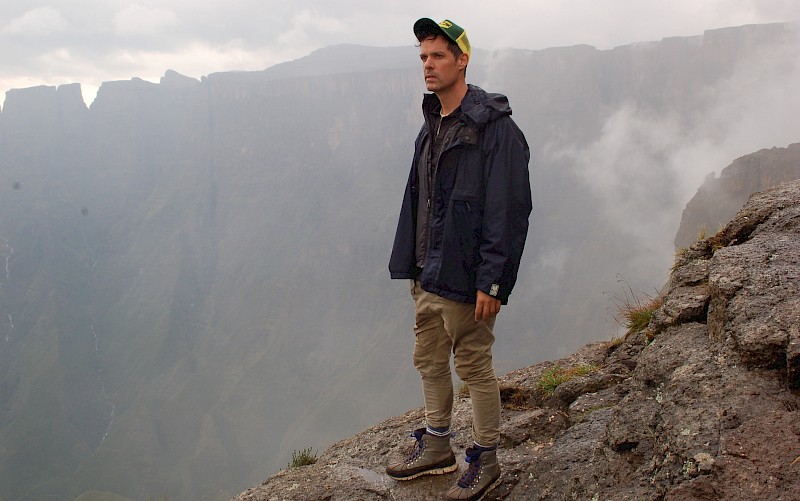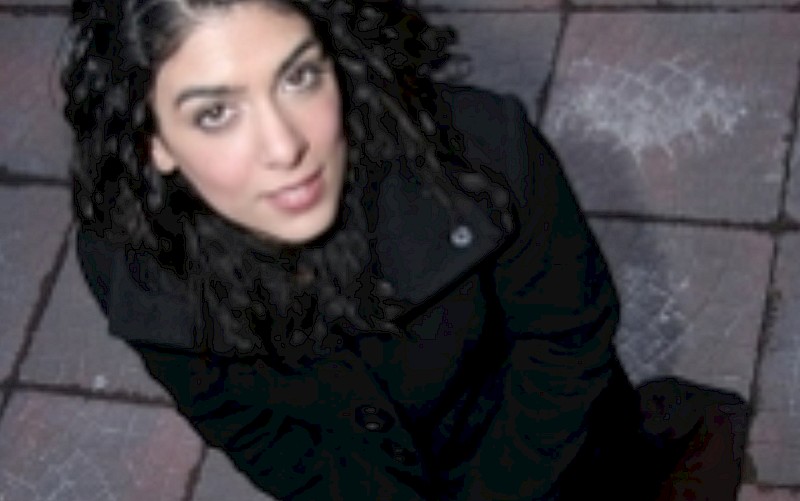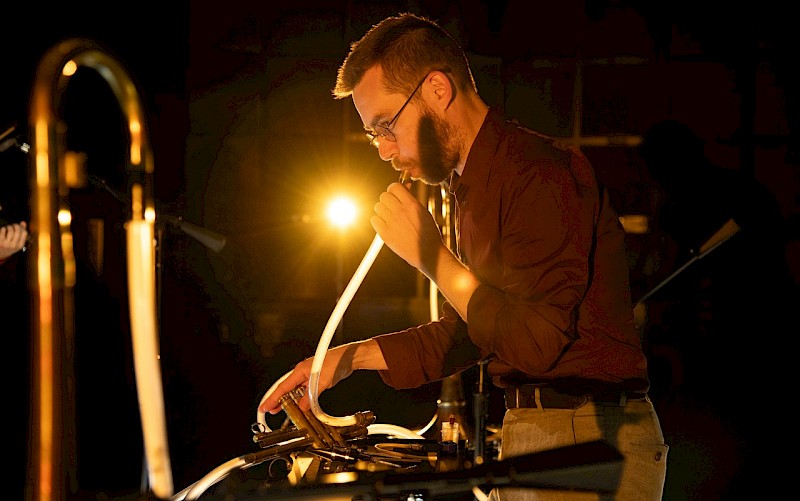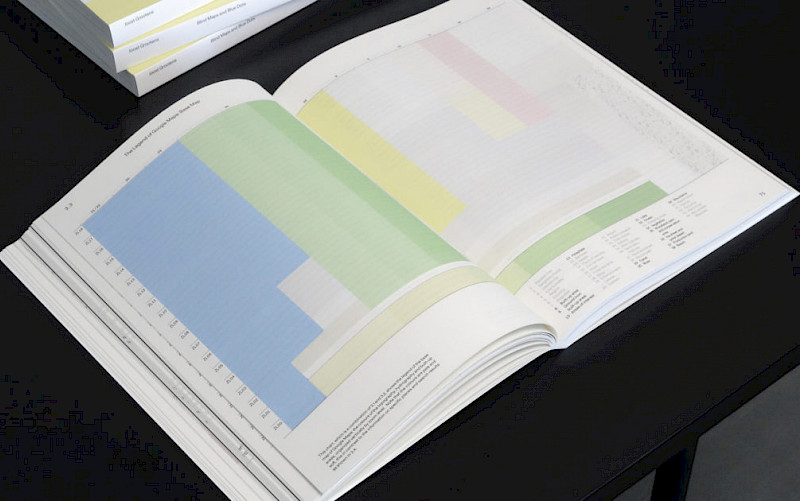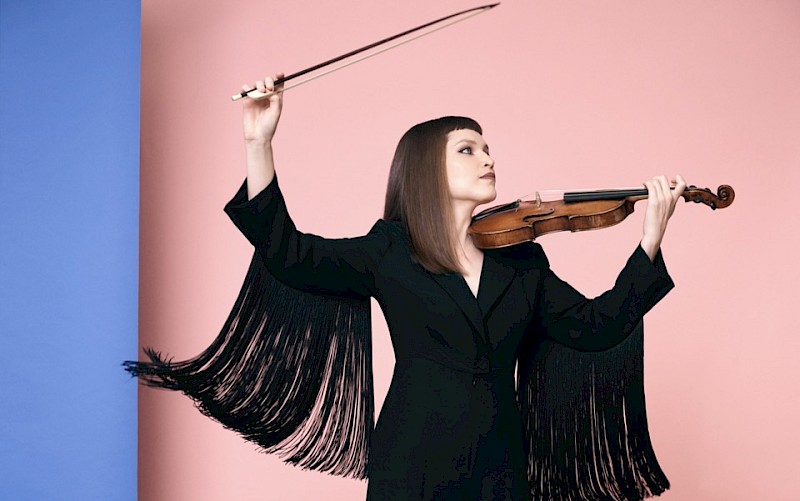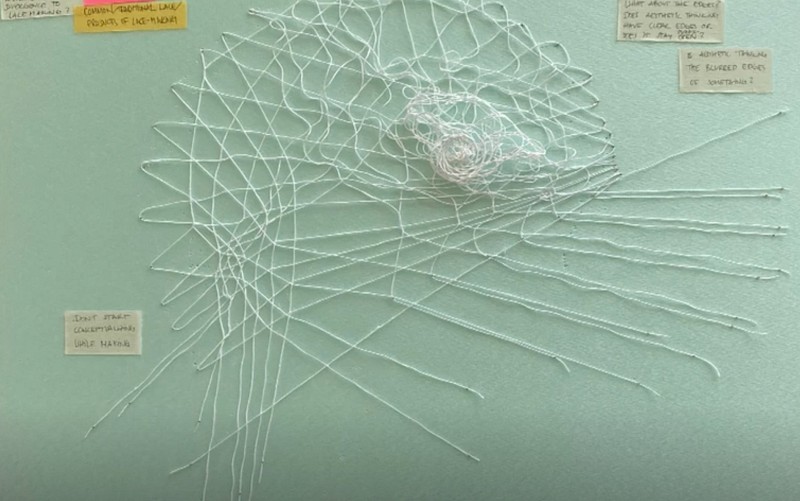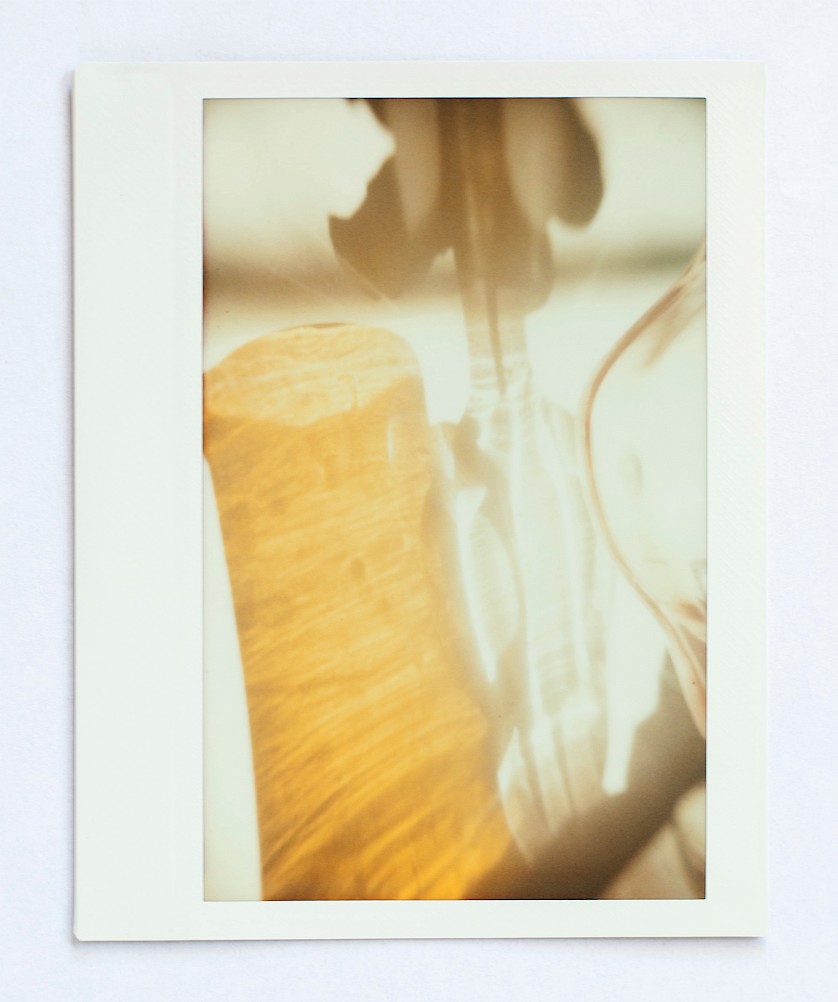
Mutable Audible. Mini-Symposium with Ana María Ochoa Gautier and Cécile Malaspina
As an addendum to the doctoral promotion of Gabriel Paiuk’s Mutable Audible – An Operative Ontology of the Sound Image a brief Symposium will take place on October 12th, comprising presentations by Colombian sound scholar and ethnomusicologist Ana María Ochoa Gautier (Tulane University) and French philosopher Cécile Malaspina (Collége International de Philosophie).
This event will take place on October 12th, 15:30 at Studio L – New Music Lab on the 6th floor of Amare. Registration is not necessary.
The symposium will include presentations by Colombian sound scholar and ethnomusicologist Ana María Ochoa Gautier (Tulane University) and French philosopher Cécile Malaspina (Collége International de Philosophie), followed by a round table discussion including professor Julia Kursell (Universiteit van Amsterdam).
The work of Ana María Ochoa Gautier, primarily articulated in her work Aurality – Listening and Knowledge in Nineteenth Century Colombia, is a fundamental landmark in articulating how listening is inherent to singular cosmologies and how this unfolds specifically in non-western indigenous communities. She elaborates on how diverse “ontologies and epistemologies of the acoustic” are proper of “audile techniques, in which sound appears simultaneously as a force that constitutes the world and a medium for constructing knowledge about it” (Ochoa 2014, “Aurality…”, p.3)
Cécile Malaspina is the author of An Epistemology of Noise and principal translator of Gilbert Simondon's On the Mode of Existence of Technical Objects. In her work, the notion of noise is explored in its emancipatory potential as understood across a range of realms, not tied to the categories of acoustic or visual 'noise' but as a fundamental category for a reevaluation of how theories of knowledge can be articulated.
Julia Kursell is professor and chair of the Institute of Musicology at the University of Amsterdam. From 2004 to 2011 she worked as research fellow at the Max Planck Institute for the History of Science in Berlin and received her professorial degree in musicology and history of science for her book Epistemologie des Hörens: Helmholtz' physiologische Grundlegung der Musiktheorie. Her research interests include 20th and 21st-century composition, the history of musicology and the relation between music and science.
Herewith a description of both lectures:
Ana María Ochoa Gautier - Thresholds of Intercultural Audibilities
Over the past few years I have been working in collaborative, intercultural projects with indigenous film-makers from Colombia and other South American countries and with colleagues from different parts of Latin America. The tacit premise of these projects is that collaboration is possible largely predicated on the ability to listen and act across difference. This paper explores audibility as a threshold that unfolds the limit and potential of such a political promise.
Cécile Malaspina - The aesthetic gesture as aural reticulation of an emerging universe: listening to the Simondonian resonance in Gabriel Paiuk's compositional work.
I will engage with Gabriel Paiuk's thesis and compositional work as resonating with the notion of aesthetic gesture developed by Gilbert Simondon's in On The Mode of Existence of Technical Objects and in Individuation in Light of the Notions of Form and Information. This will allow me to think about the aural dimension of the integration of the figure-ground relation, not only concerning focus and peripheral attention, but the co-individuation of ourselves as listeners with that of our associated milieu.
Ana María Ochoa is a professor in the Newcomb Department of Music, the Department of Communication and the Department of Spanish and Portuguese. Her work is on histories of listening and the decolonial, on sound studies and climate change, and on the relationship between the creative industries, the literary and the sonic in Latin America and the Caribbean. Her current projects explore the bioacoustics of life and death in colonial histories of the Americas and the relationship between sound, climate change and the colonial. She has been a Distinguished Greenleaf Scholar in Residence at Tulane University (2016) and a Guggenheim Fellow (2007-2008). Her book, Aurality, Listening and Knowledge in Nineteenth-Century Colombia (Duke University Press, 2014) was awarded the Alan Merriam Prize by the Society for Ethnomusicology.
Cécile Malaspina is the author of An Epistemology of Noise (Bloomsbury, 2018) and principal translator of Gilbert Simondon's On the Mode of Existence of Technical Objects, with the collaboration of John Rogove (University of Minnesota Press, 2017). She is directeur de Programme at the Collège International de Philosophie, Paris (Ciph) and member of the editorial boards of the Ciph's book series at the Presses de Paris Nanterre and of its journal of philosophy, Rue Descartes, where she has recently become co-responsible for the epistemology section. Before turning to philosophy she trained as an artist, art historian (Goldsmiths) and curator (RCA). Her main interest lies in the normativity of concepts, especially with regard to the aesthetic and ethical implications of conceptualising contingency and uncertainty.
